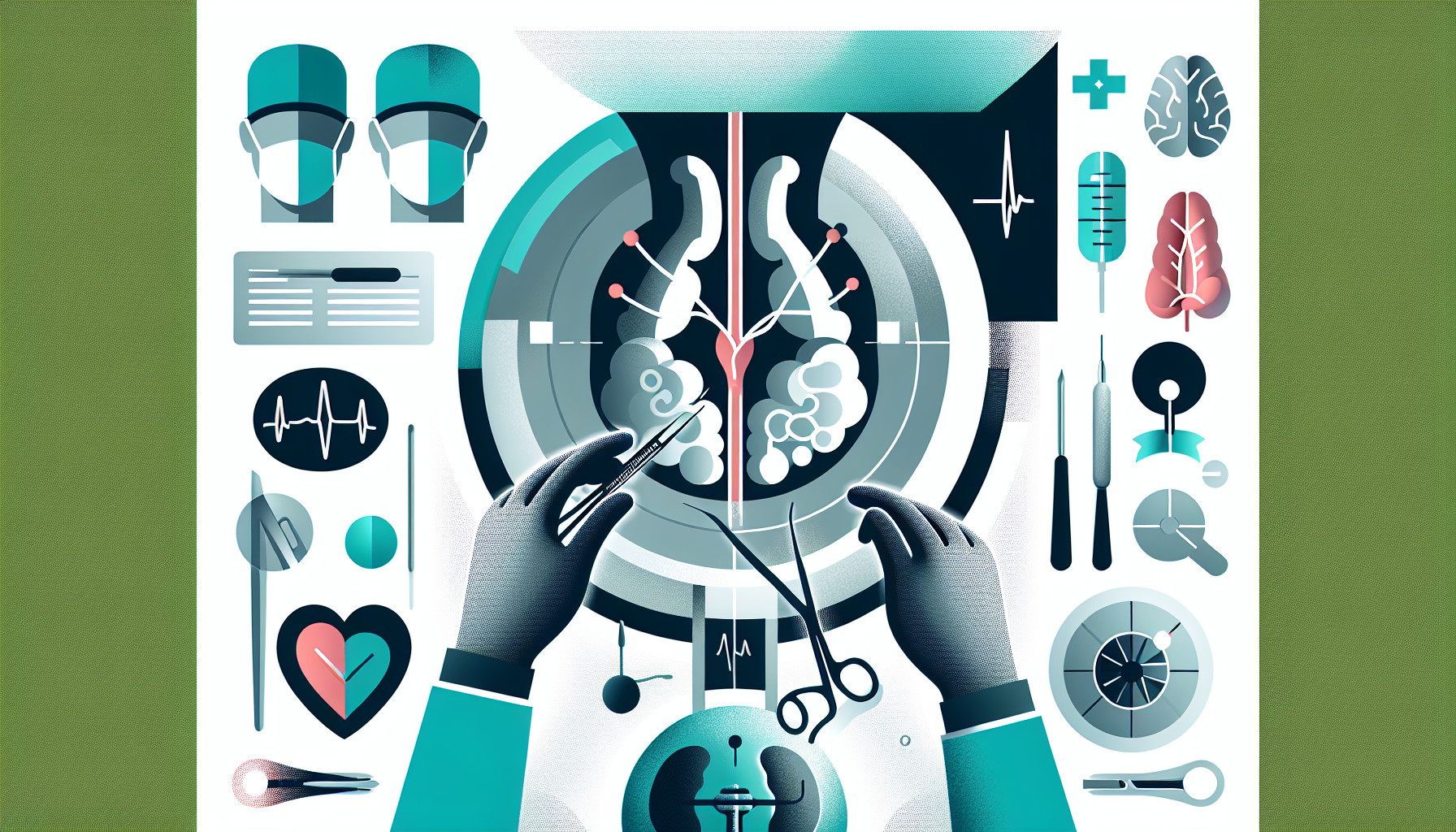Our Summary
This research paper reviews the factors that contribute to successful penis implant surgeries. Before the surgery, it is important to select the right candidates, counsel them properly, evaluate them thoroughly, and give them enough time to physically and emotionally prepare for the procedure. During the surgery, it is best to remove the entire device if possible. If the reservoir part of the device is hard to remove, it can be left in place and drained instead. Cleaning the surgical area is more important than using chemical sterilizers. After the surgery, patients should be given clear instructions, and follow-up phone calls from nurses can help prevent unnecessary emergency room visits. Paying careful attention to these factors before, during, and after surgery can lead to better outcomes for penis implant surgeries.
FAQs
- What factors contribute to the success of a penile implant surgery?
- What is the recommended protocol if the reservoir part of the device is hard to remove during surgery?
- What are some important considerations for patient care after the penile implant surgery?
Doctor’s Tip
One helpful tip a doctor might tell a patient about penile implant surgery is to follow all post-operative care instructions carefully to ensure proper healing and minimize the risk of complications. This may include keeping the surgical area clean and dry, avoiding strenuous activities or sexual intercourse for a certain period of time, and taking any prescribed medications as directed. It is also important to attend all follow-up appointments with your healthcare provider to monitor your progress and address any concerns that may arise. By following these guidelines, you can help ensure a successful outcome from your penile implant surgery.
Suitable For
Patients who are typically recommended for penile implant surgery are those who have tried other treatments for erectile dysfunction, such as medications or vacuum devices, without success. They may also be candidates if they have a physical condition that makes other treatments ineffective or if they have had surgery or radiation therapy for prostate cancer that has resulted in erectile dysfunction.
Additionally, candidates for penile implant surgery should be in good overall health and have realistic expectations about the outcomes of the surgery. They should also be willing to undergo the necessary counseling and evaluation before the surgery and be committed to following the post-operative instructions for care and rehabilitation.
It is important for patients considering penile implant surgery to discuss their options with a qualified urologist or surgeon who specializes in erectile dysfunction. The healthcare provider can assess the patient’s medical history, evaluate their physical condition, and determine if they are a suitable candidate for the procedure.
Timeline
Before Penile Implant Surgery:
- Patient is evaluated by a urologist to determine if they are a suitable candidate for a penile implant
- Patient is counseled on the risks and benefits of the procedure
- Patient undergoes a thorough physical examination and medical history review
- Patient is given time to mentally and emotionally prepare for the surgery
During Penile Implant Surgery:
- Surgeon removes the entire device if possible, or drains the reservoir part if necessary
- Surgical area is cleaned thoroughly to prevent infection
- Anesthesia is administered to keep the patient comfortable during the procedure
- Surgeon carefully places the implant in the penis to achieve the desired results
After Penile Implant Surgery:
- Patient is given clear instructions on post-operative care, including wound care and activity restrictions
- Patient may experience some discomfort and swelling in the days following surgery
- Follow-up appointments are scheduled to monitor the healing process and ensure the implant is functioning properly
- Nurses may provide follow-up phone calls to address any concerns or complications that arise
- Patient can resume sexual activity once given the green light by their healthcare provider
Overall, the timeline of a patient’s experience before and after penile implant surgery involves careful evaluation, preparation, and post-operative care to ensure a successful outcome.
What to Ask Your Doctor
What are the potential risks and complications associated with penile implant surgery?
What type of penile implant will be used for the surgery, and why is this particular type recommended for me?
How long is the recovery process, and what can I expect in terms of pain and discomfort after the surgery?
Will I still be able to achieve natural erections after having a penile implant?
What are the potential long-term effects of having a penile implant, and how often will I need to have it replaced or adjusted?
Are there any lifestyle changes or restrictions I will need to follow after the surgery?
How experienced are you in performing penile implant surgeries, and what is your success rate with this procedure?
Will I need to undergo any additional tests or evaluations before the surgery to ensure I am a good candidate?
How do I care for and maintain the penile implant after the surgery?
What are the potential alternatives to penile implant surgery, and why is this the best option for me?
Reference
Authors: Wintner A, Lentz AC. Journal: Curr Urol Rep. 2019 Mar 20;20(4):18. doi: 10.1007/s11934-019-0881-9. PMID: 30895471
